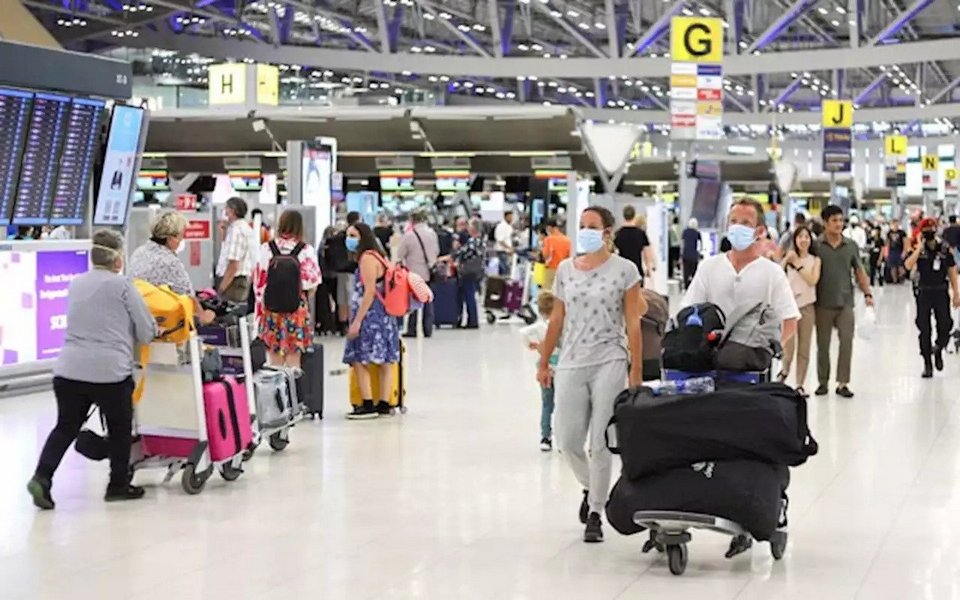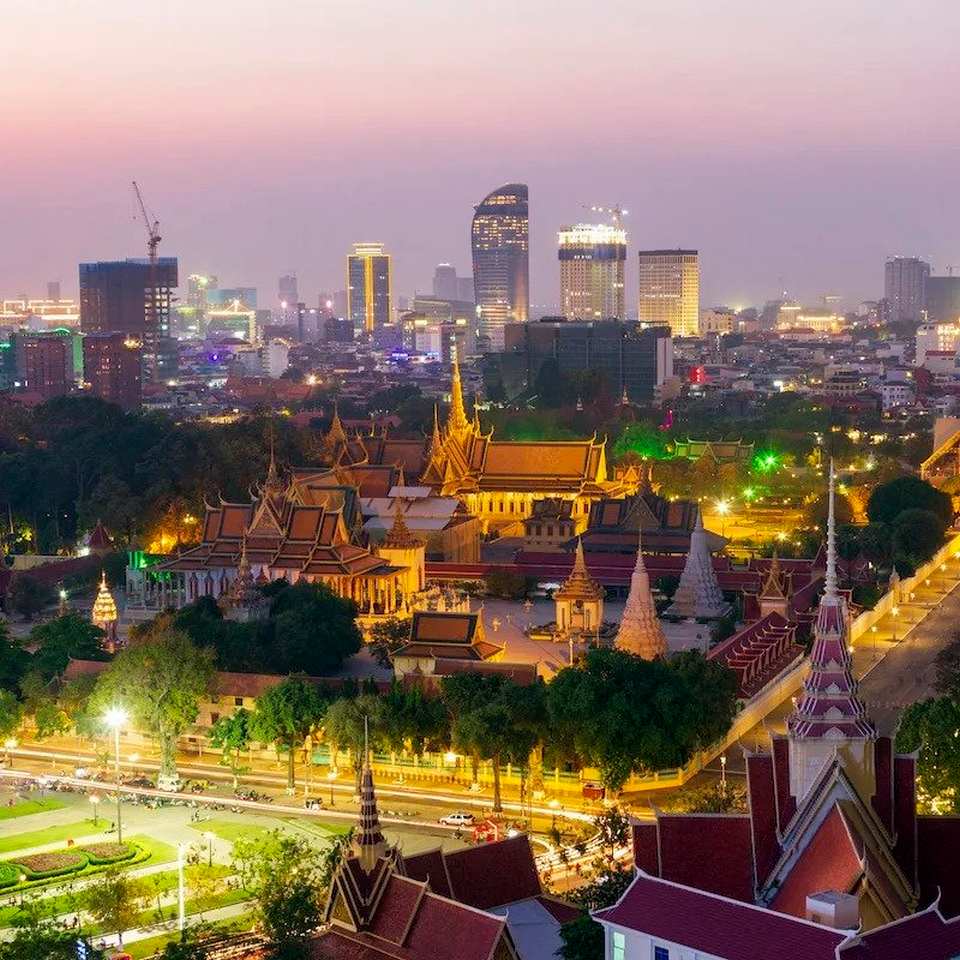
Almost all south east Asian countries are anxious to recruit cash-laden international tourists after two years of near-total absence. Domestic critics of Thailand’s latest entry policy, which started April 1, argue that the country still has more onerous entry rules and regulations than those of her neighbors. However, a comparison suggests that this is a gross over-simplification.
Thailand and Cambodia are the only regional countries to have abandoned the need for a pre-flight Covid test for vaccinated travellers. Malaysia, the Philippines, Singapore and Vietnam all require pre-flight evidence of negative Covid status 72/48 hours in advance. This is usually the RT-PCR version but, where a lateral flow test is permitted, it must have been submitted for a professional laboratory report. It is a myth that these countries allow you to test yourself before going to the airport.
Criticism has been leveled at Thailand for the laborious nature of her Thailand Pass system. But neighboring countries have a similar pre-arrival registration system. For the Philippines, entrants have to register online with the Bureau of Quarantine to receive a QR code and, later, have to update the information with their seat number and RT-PCR test result on the actual day of departure. Singapore insists on registration via an “automated tool”, whilst Vietnam requires you to complete a computerized passenger declaration form just 12 hours ahead of departure.

The requirement for compulsory medical insurance for Covid infection is not unique to Thailand. Her US$20,000 floor requirement is less than the Philippines’ US$35,000, whilst the Malaysian government website requires “a relevant insurance policy” without elaboration. Singapore has a US$30,000 requirement for non-vaccinated arrivals whilst Cambodia requires a bond to cover hospitalization for anyone testing positive for the virus.
There are also specific restrictions by individual countries. Visa on arrival in Vietnam is restricted to 13 countries and 15 days and other nationalities must proceed through a prior visa screening process. The Philippines is particularly strict about having an onward flight ticket before being admitted to the country. All neighboring countries warn arrivals that extension of a tourist visa is not automatic with several stressing there is no “right” to stay once the permission has run out. Extending a visa in Thailand is far and away the easiest procedure in the whole of south east Asia.
It is, of course, true that Thailand is the only regional country insisting on a RT-PCR test on arrival – with a pre-booked hotel quarantine mandatory until the result is available some hours later. There is also a requirement, from April 1, for entrants to take a self-administered lateral flow test on day five and send the result to the same hotel. Whether this works well in practice remains to be seen. The Philippines, Cambodia and Vietnam all emphasize the need for new arrivals to test themselves in the first week of stay and report to health authorities if sick.
All in all, the generalization that Thailand is more bureaucratic in entry procedures and is less tourist-friendly than other regional countries is at best a moot point. But the country which has taken the biggest leap forward in the encouragement of international tourism is Cambodia which has vaccinated 93 percent of its population. For vaccinated travellers, there are no Covid tests of any kind before or after arrival in the kingdom, whilst visas on arrival without any prior online registration are back. For the time being, that’s too radical a solution for the larger regional countries.
 |
 |
 |





